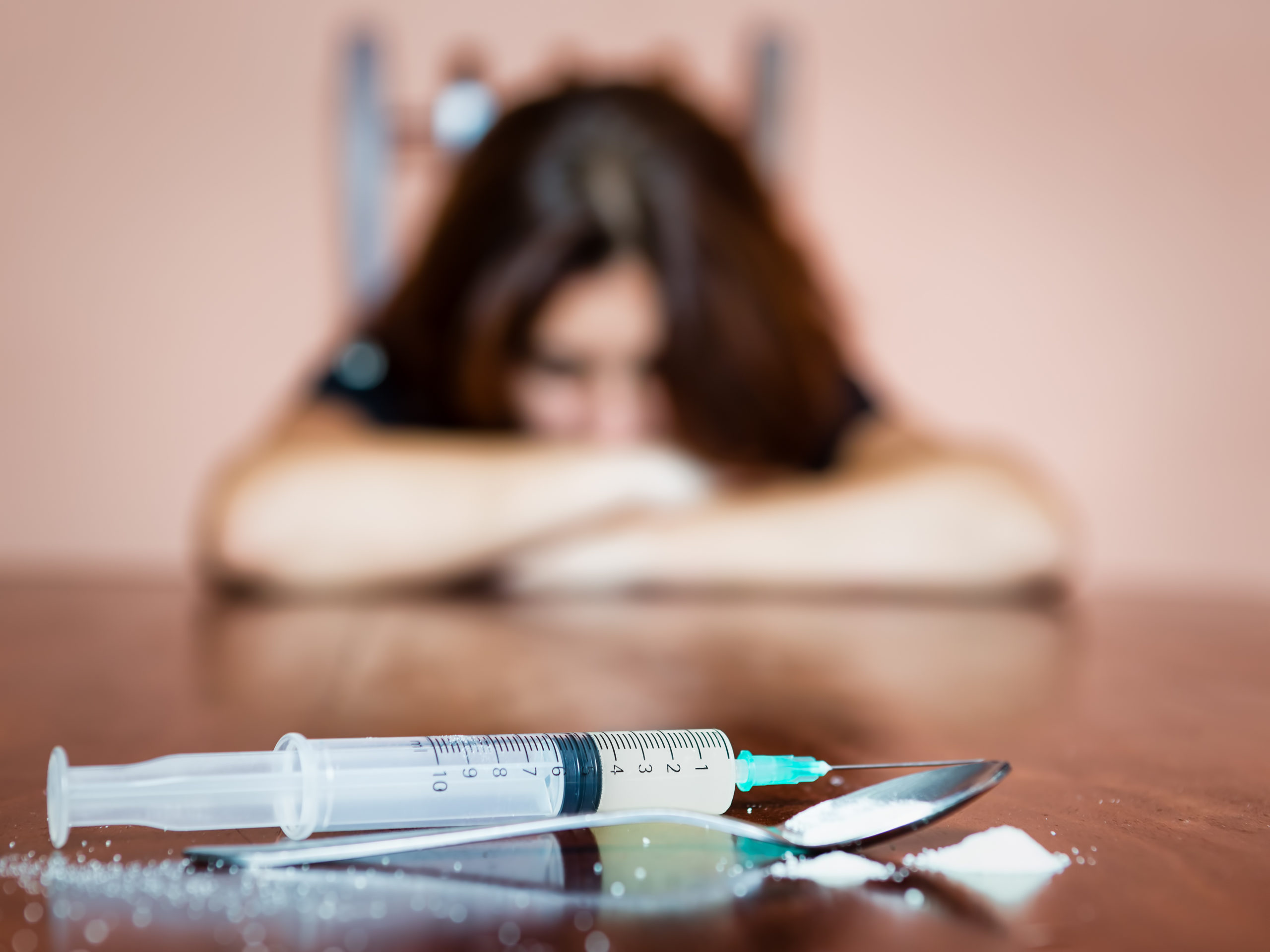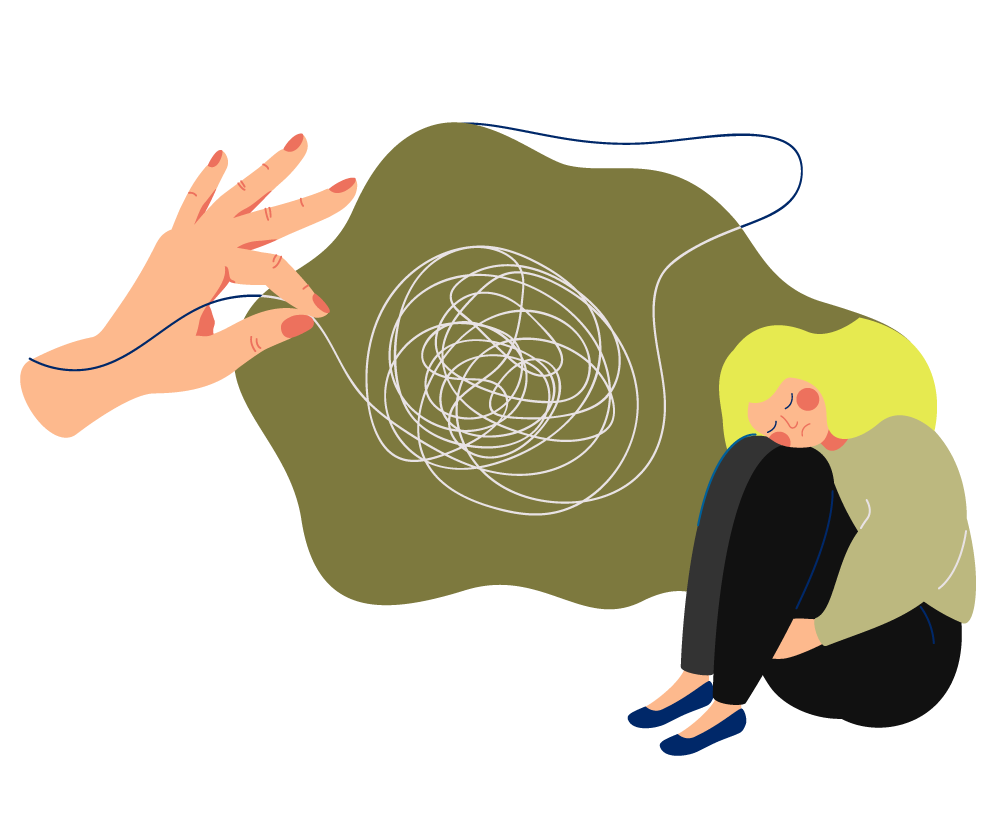PTSD stands for Post-Traumatic Stress Disorder. This is a type of mental health affliction that develops after experiencing or witnessing a life-threatening, traumatic event. Symptoms of PTSD can start off as mild stress, but unlike a normal occurrence, it will not subside or will come and go. Over time, the intensity of the symptoms usually grows and can even become debilitating for the individual without proper care.
How Does PTSD Develop?
Most forms of PTSD develop through a traumatic accident. This can be from an experience the patient. This can develop at any stage in life and can be from a recent or past experience. Some elements that can increase the chances of developing PTSD are an injury occurring during a traumatic event or a traumatic event that is ongoing or lasts for an extended period of time.
The most common events that Post-Traumatic Stress Disorder develops from are from combat and assault. Outside factors can affect the severity of PTSD, such as a high stress environment, exposure to triggers, or a lack of support.
How PTSD can Affect Addiction
When someone goes through a traumatic episode. One of the main ways people deal with trauma on their own is through coping mechanisms. These coping mechanisms help people with trauma, or other mental health issues, handle the effects of this event through their daily lives.
However, sometime an individual doesn’t develop healthy coping tools. Those suffering from PTSD can become linked to addiction through developing negative coping skills. “The daily struggle to keep trauma-related memories locked down and out of mind is exhausting. Over time, a person can develop skills to cope.” This does not make the person incapable of recovery and through counseling and recovery, healthy coping tools can be established in place of an SUD.
What should I do if I have PTSD?
As with all mental health issues, it is important to reach out and seek treatment for PTSD. As mentioned in the previous paragraph, a proper support system can ease the intensity of PTSD symptoms. California Recovery Center is a licensed treatment facility for substance abuse and co-occurring mental or behavioral condition in Sacramento area that allows individuals the opportunity to work towards sobriety while creating minimal impact on both their personal and professional lives. When you’re ready to start your recovery, reach us today at (866) 864-1986.











